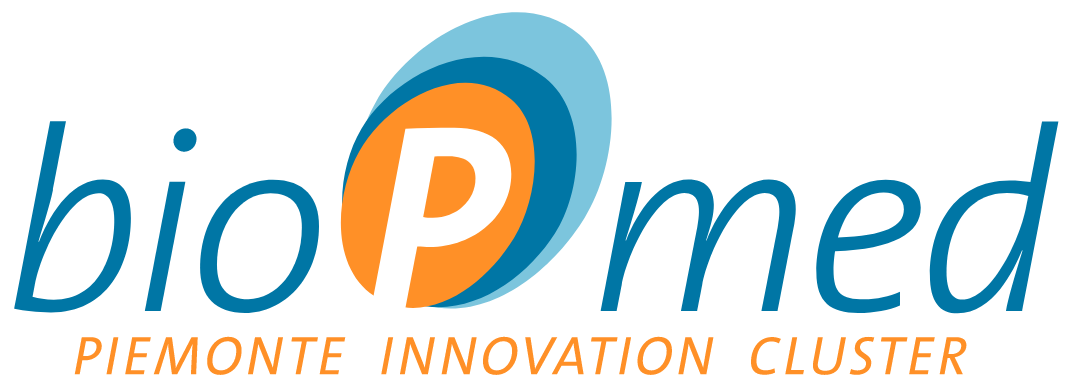Details
Project title: Development of a dietary supplement based on components of equine milk for the prevention of rotavirus gastroenteritis
Acronym: IaRO
Coordinator:: Amedeo Conti – Rotalactis s.r.l.
TP/LS membership: CMDI/HMNA1
Subjects involved: University of Turin, CNR-Istituto di Scienze delle Produzioni Alimentari (Agro-Food Centre)
Status: Completed
Abstract: The project “IARO” aimed to develop a natural product, derived from equine milk and in particular donkey’s milk, to be used as a new ingredient for milk in formula for early childhood. This product, which has strong anti-rotavirus properties, could confer a high level of protection against rotavirus infections even to infants who cannot be breastfed.
Contact for further information:
Name: Amedeo Conti
Organization: Rotalactis S.r.l.
Address: Via Ribes 5 -10010-Colleretto Giacosa (TO)
Phone: 0125.561000
E-mail: info@rotalactis.com
Web: www.rotalactis.com
THE PROBLEM ADDRESSED
Clinical studies have shown that not exclusively breastfed children have a double risk of developing rotavirus gastroenteritis. These children are fed with different formulations depending on the nutritional needs of the newborn and the infant. In most cases these formulas are derived from defatted bovine milk. All proteins associated with the membranes of milk fat cells (milk fat globules membranes, MFGM) are therefore excluded in formulations.
Previous studies show some anti-rotavirus activity by biochemical compounds present in human MFGMs. In these studies it has also been shown that purified human lactoaderin is active against rotavirus infection while bovine does not. Lactoaderin is a glycoprotein present in MFGM, probably associated with the membrane by interaction with the constituent phospholipids. The different lactoaderine, isolated in different animal species are characterized by having different structures: the bovine lactoaderin includes 427 amino acid residues while the human one consists of 387 amino acids. Lactoaderin equina, characterized by the researchers of Rotalactis, has a structure similar to human, so a similar function has been hypothesized.
THE ACTIVITIES CARRIED OUT
Isolation and purification of donkey’s milk fat cells and tests for anti-rotavirus activity in cell cultures.
Isolation and purification of proteins associated with the fat cell membranes of donkey’s milk, with particular reference to 45kDa lactoaderin.
Determination of the amino acid sequence of donkey’s milk ttoaderine and evaluation of possible theoretical binding sites with cellular surface receptors (integrins).
Identification of certain peptides with possible antirotavirus action.
Solid phase synthesis of some peptides with sequences identical to those of equine lactoaderin and, for comparison, with sequences identical to those of human and bovine lactoaderin. Antiviral assays for prevention of rotavirus infection on cell cultures.
Identification of the peptide with the highest antiviral activity, called Rotalactine, consisting of a linear sequence of 20 amino acids.
Evaluation of the resistance of Rotalactina® to enzymatic digestion with trypsin. and its stability in aqueous solution.
In silico evaluation of any allergenicity.
Determination of the mechanism of action of Rotalactina® in the prevention of rotavirus infections (prophylactic activity). Assessment of the ability of Rotalactina® to reduce the severity of ongoing rotavirus infections (therapeutic application).
RESULTS ACHIEVED AND EXPLOITATION OF THE RESULTS
Identification of a peptide with an amino acid sequence identical to a stretch of a donkey’s milk protein having a powerful in vitro prevention action of rotavirus infections, called Rotalactina®.
Chemical-biological characterization of this peptide and its production on a laboratory scale.
Identification of the regulatory pathway for the registration of Rotalactina®! as “Novel food” according to the normal procedure.
Application for a European patent entitled “Lactadherin derived peptides as antiviral agents”. Extension of the patent to countries outside Europe.
International registration of the mark Rotalactina®.
Contacts with leading companies in the field of infant nutrition and medical devices for joint action of co-development of Rotalactina®.
PROJECT NUMBERS
- Other public partners: University of Turin; National Research Council.
- Total number of partners: 3
- Number of employed researchers (fixed-term and permanent and cocopro) involved: 2
- Duration in months: 24
- Total budget: 382.500,00
- Funding: 191.300,00
- Number of scientific publications: 1 in writing
- Number of presentations at conferences and seminars: 3
- Number of patents filed: 1
- Number of permanent, fixed-term and cocopro jobs created: 2
- Number of public researchers involved: 3
